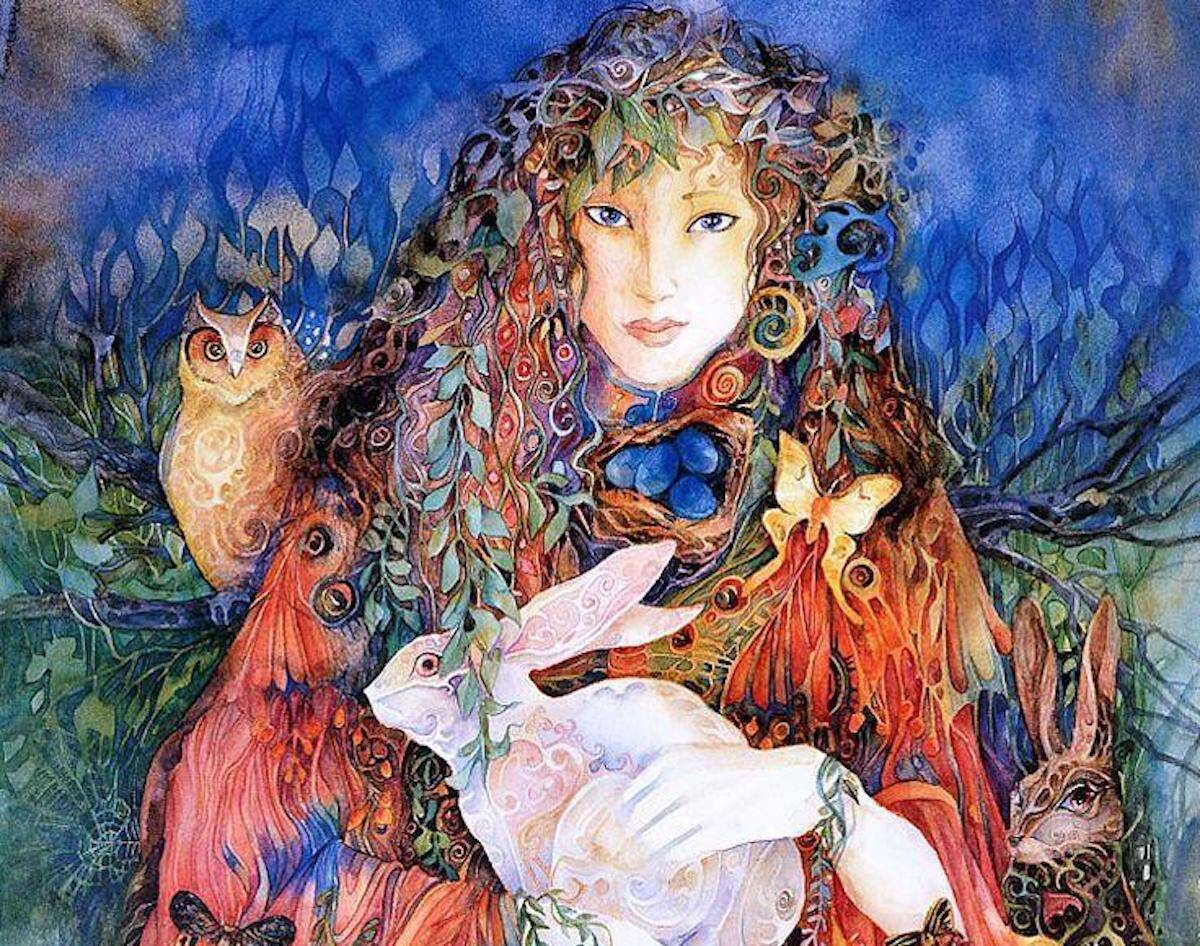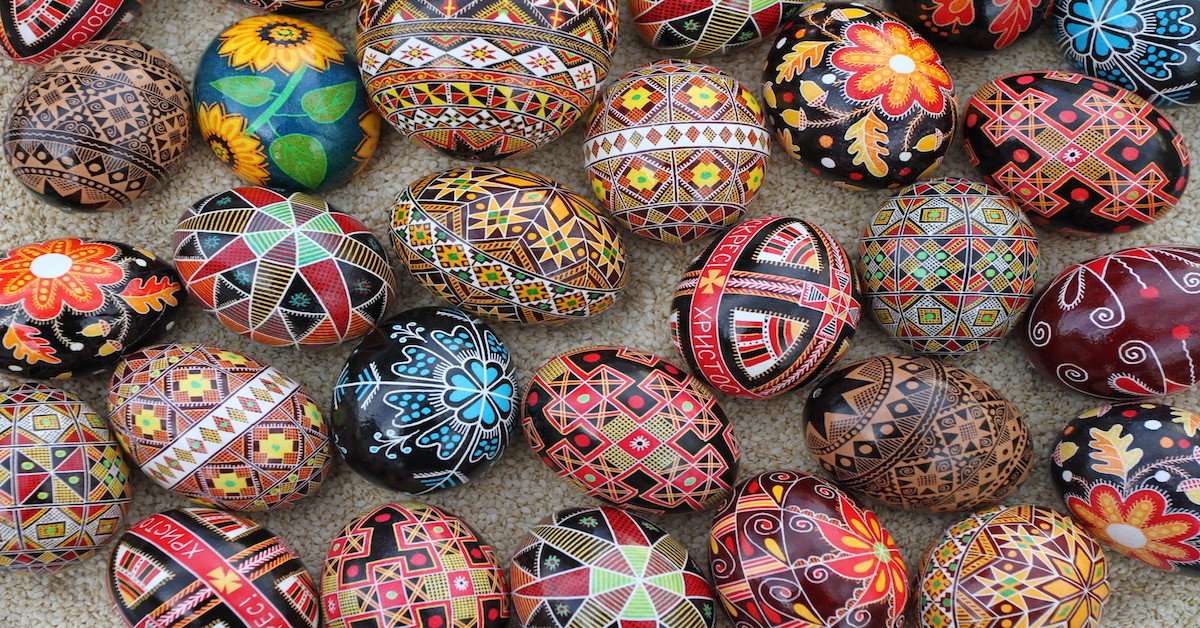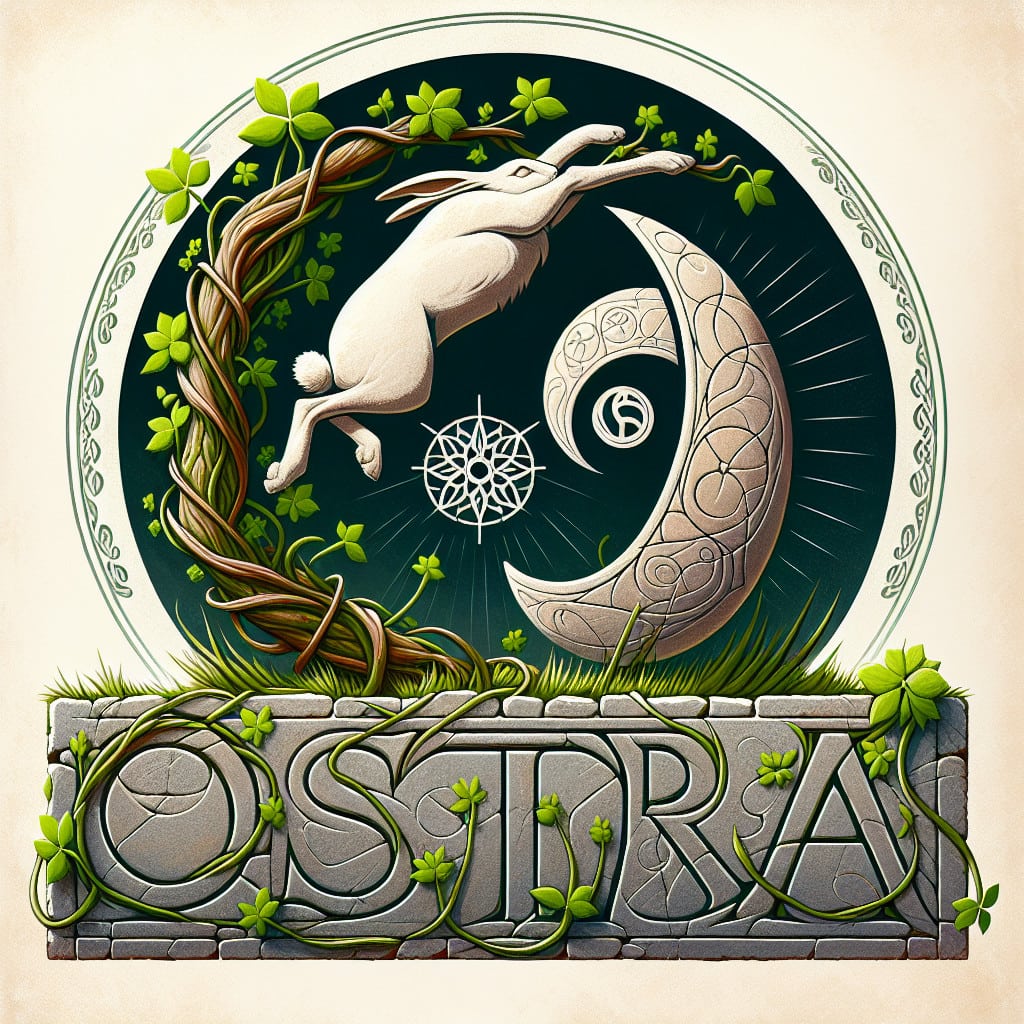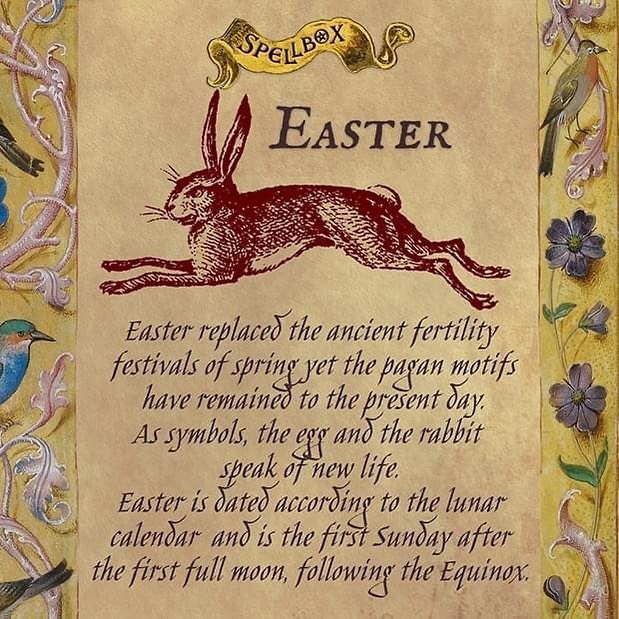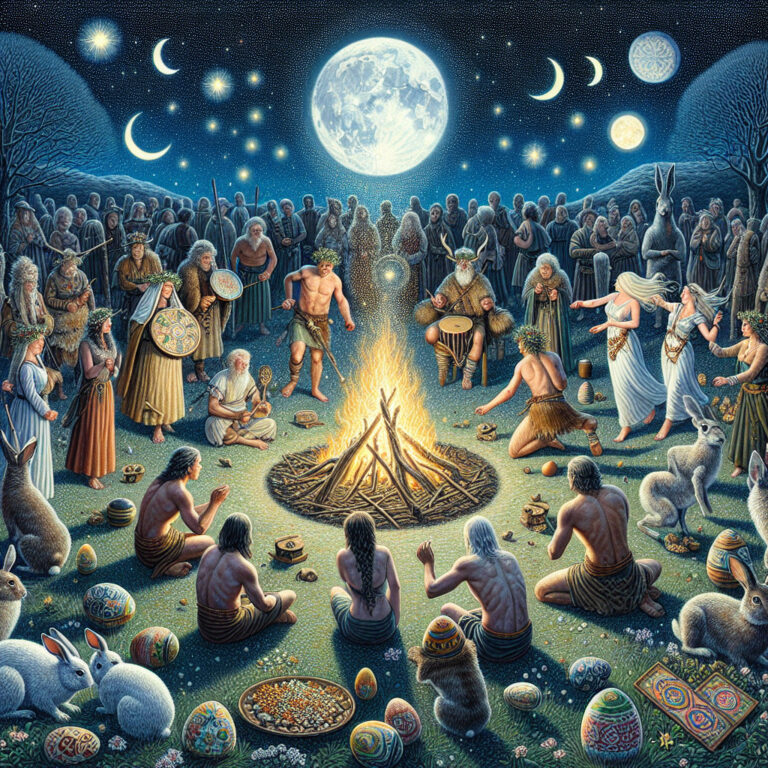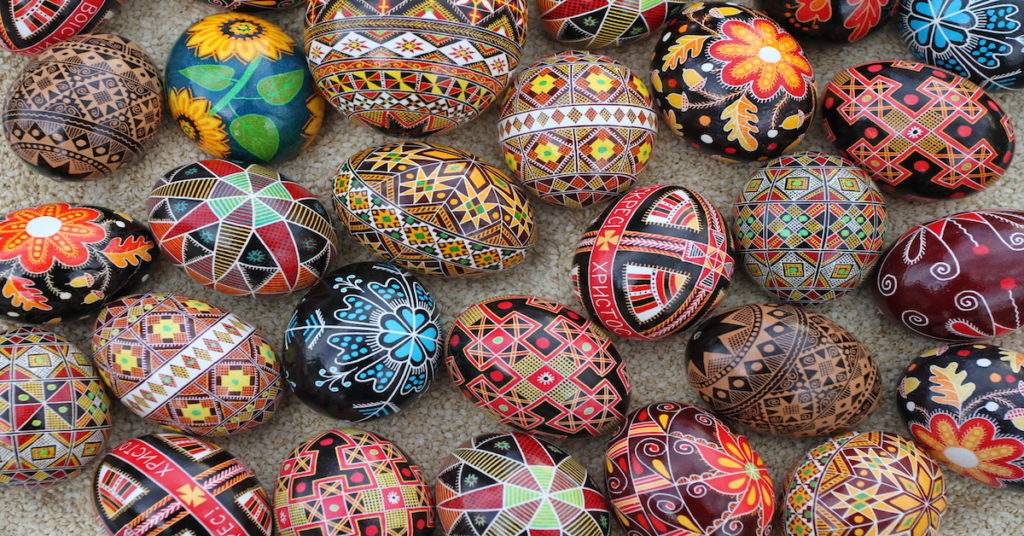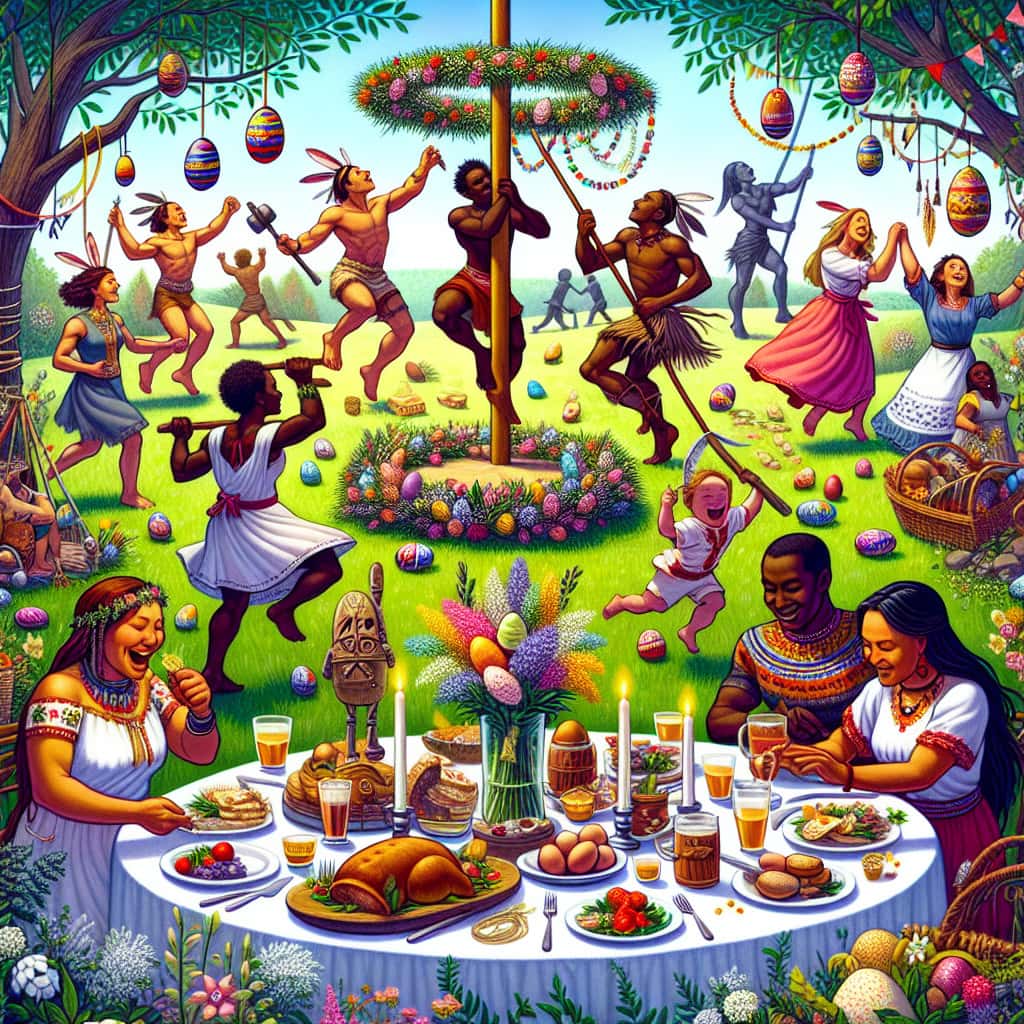Is Easter A Pagan Celebration - While easter carries pagan influences, it has transcended its origins to become a multifaceted celebration of life, renewal, and faith. Claims that easter was derived from pagan origins stem largely from misunderstandings about the linguistic term “easter” and later additions of. Easter celebration today is not rooted in christianity but is a pagan easter derived from polytheistic beliefs of gods and nature.
While easter carries pagan influences, it has transcended its origins to become a multifaceted celebration of life, renewal, and faith. Claims that easter was derived from pagan origins stem largely from misunderstandings about the linguistic term “easter” and later additions of. Easter celebration today is not rooted in christianity but is a pagan easter derived from polytheistic beliefs of gods and nature.
While easter carries pagan influences, it has transcended its origins to become a multifaceted celebration of life, renewal, and faith. Easter celebration today is not rooted in christianity but is a pagan easter derived from polytheistic beliefs of gods and nature. Claims that easter was derived from pagan origins stem largely from misunderstandings about the linguistic term “easter” and later additions of.
Pagan Easter Where Did the Tradition Originate? Historic Mysteries
While easter carries pagan influences, it has transcended its origins to become a multifaceted celebration of life, renewal, and faith. Easter celebration today is not rooted in christianity but is a pagan easter derived from polytheistic beliefs of gods and nature. Claims that easter was derived from pagan origins stem largely from misunderstandings about the linguistic term “easter” and later.
The Pagan Roots of Easter The Sacred Science
Claims that easter was derived from pagan origins stem largely from misunderstandings about the linguistic term “easter” and later additions of. While easter carries pagan influences, it has transcended its origins to become a multifaceted celebration of life, renewal, and faith. Easter celebration today is not rooted in christianity but is a pagan easter derived from polytheistic beliefs of gods.
What is the Pagan Easter Called? Paganeo
While easter carries pagan influences, it has transcended its origins to become a multifaceted celebration of life, renewal, and faith. Claims that easter was derived from pagan origins stem largely from misunderstandings about the linguistic term “easter” and later additions of. Easter celebration today is not rooted in christianity but is a pagan easter derived from polytheistic beliefs of gods.
Easter the Pagan Origins Danae Moon Thorp
While easter carries pagan influences, it has transcended its origins to become a multifaceted celebration of life, renewal, and faith. Claims that easter was derived from pagan origins stem largely from misunderstandings about the linguistic term “easter” and later additions of. Easter celebration today is not rooted in christianity but is a pagan easter derived from polytheistic beliefs of gods.
Easter Exploring the Pagan Origins Paganeo
Easter celebration today is not rooted in christianity but is a pagan easter derived from polytheistic beliefs of gods and nature. While easter carries pagan influences, it has transcended its origins to become a multifaceted celebration of life, renewal, and faith. Claims that easter was derived from pagan origins stem largely from misunderstandings about the linguistic term “easter” and later.
Easter Pagan Origin Tracing the Historical Roots and Celebrations
While easter carries pagan influences, it has transcended its origins to become a multifaceted celebration of life, renewal, and faith. Easter celebration today is not rooted in christianity but is a pagan easter derived from polytheistic beliefs of gods and nature. Claims that easter was derived from pagan origins stem largely from misunderstandings about the linguistic term “easter” and later.
The Pagan Roots of Easter The Sacred Science
Claims that easter was derived from pagan origins stem largely from misunderstandings about the linguistic term “easter” and later additions of. Easter celebration today is not rooted in christianity but is a pagan easter derived from polytheistic beliefs of gods and nature. While easter carries pagan influences, it has transcended its origins to become a multifaceted celebration of life, renewal,.
Easter pagan celebration. Illustrazione, Arte lunare, Illustrazione
While easter carries pagan influences, it has transcended its origins to become a multifaceted celebration of life, renewal, and faith. Claims that easter was derived from pagan origins stem largely from misunderstandings about the linguistic term “easter” and later additions of. Easter celebration today is not rooted in christianity but is a pagan easter derived from polytheistic beliefs of gods.
Norse Pagan Holiday Calendar Printable Word Searches
Claims that easter was derived from pagan origins stem largely from misunderstandings about the linguistic term “easter” and later additions of. Easter celebration today is not rooted in christianity but is a pagan easter derived from polytheistic beliefs of gods and nature. While easter carries pagan influences, it has transcended its origins to become a multifaceted celebration of life, renewal,.
Easter Pagan Traditions Ancient Rituals and Celebrations Paganeo
While easter carries pagan influences, it has transcended its origins to become a multifaceted celebration of life, renewal, and faith. Easter celebration today is not rooted in christianity but is a pagan easter derived from polytheistic beliefs of gods and nature. Claims that easter was derived from pagan origins stem largely from misunderstandings about the linguistic term “easter” and later.
Easter Celebration Today Is Not Rooted In Christianity But Is A Pagan Easter Derived From Polytheistic Beliefs Of Gods And Nature.
While easter carries pagan influences, it has transcended its origins to become a multifaceted celebration of life, renewal, and faith. Claims that easter was derived from pagan origins stem largely from misunderstandings about the linguistic term “easter” and later additions of.
